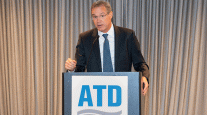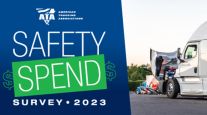Senior Reporter
Lawmakers Commence Fiscal 2018 Funding Bill Negotiations
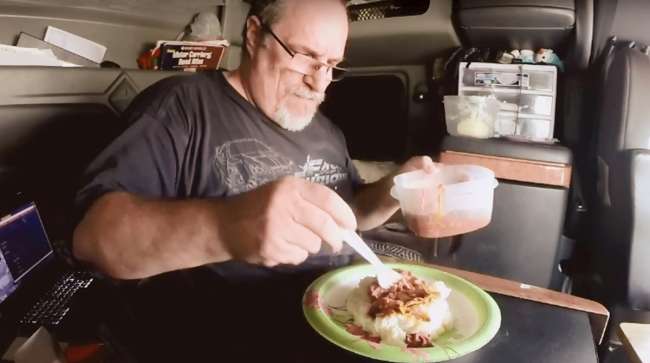
A fiscal 2018 funding bill being negotiated is expected to provide a viable vehicle this year for advancing a meal and rest break provision for truckers which proponents argue would improve safety and efficiency.
Congressional funding negotiators indicated they commenced work on their massive spending legislation, known as an omnibus, with a focus on wrapping up the measure in time to avoid a March 23 funding deadline.
The legislative omnibus package is likely to fund the government through the fiscal year ending Sept. 30. Amid immigration policy disagreements, there have been two mini-shutdowns in government funding this year.
For American Trucking Associations, crafting an omnibus presents an opportunity for attaching the meal and rest break provision to a must-pass bill. The omnibus is viewed by policymakers as a potential legislative achievement if enacted into law.

Sullivan
ATA explains the provision would ensure nationwide uniformity in meal and rest break rules for commercial drivers. ATA Executive Vice President of Advocacy Bill Sullivan told Transport Topics that a recent congressional budget agreement “paved the way to be able to set up this final negotiation in March.” To the point, funding leaders in the House supported the provision last year.
The provision would serve to clarify a requirement in a 1994 aviation law — the Federal Aviation Administration Authorization Act of 1994 or F4A — to block a California law that was signed in 2011. Under that law in California, employers are required to provide a “duty-free” 30-minute meal break for employees who work more than five hours a day, as well as a second duty-free 30-minute meal break for those who work more than 10 hours a day.
“A single set of rules is tremendously important for the safe and efficient flow of interstate commerce,” according to ATA. “So it is critically important that the rules freight carriers use to plan their routes and services remain consistent from state to state.”
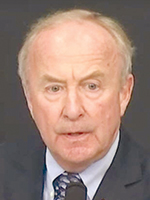
Frelinghuysen
House Appropriations Committee Chairman Rodney Frelinghuysen (R-N.J.) emphasized a commitment to finalizing the omnibus.
“The committee is working rapidly to complete work of the current 2018 fiscal year,” Frelinghuysen said. “We are currently negotiating with our Senate counterparts with the goal of completing these long-overdue bills before the March 23 deadline. We look forward to moving this essential legislation to the president’s desk and having it signed into law.”
Frelinghuysen last month announced his retirement at the end of this session of Congress.
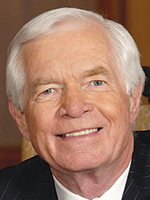
Cochran
His Senate counterpart, Mississippi Republican Thad Cochran said, “Our immediate focus is to work with the House and the administration to complete the appropriations process for the 2018 fiscal year. I hope that with the enactment of a budget deal [Feb. 9], the appropriations committee will soon meet that goal and then embark on a schedule to draft and approve all 12 of the annual spending bills for [fiscal] 2019.”
Aside from considering the F4A provision, funding leaders will debate contentious provisions regarding funding for the Advanced Research Projects Agency-Energy, and a nuclear repository at Yucca Mountain, Nev. The provisions have opponents in the Senate.
Congress approved and President Donald Trump enacted on Feb. 9 a two-year budget agreement that raises federal spending by nearly $300 billion. It also avoids a debt ceiling debate ahead of the November midterm elections, and it would provide $90 billion for hurricane disaster relief, and $20 billion more for infrastructure projects.


